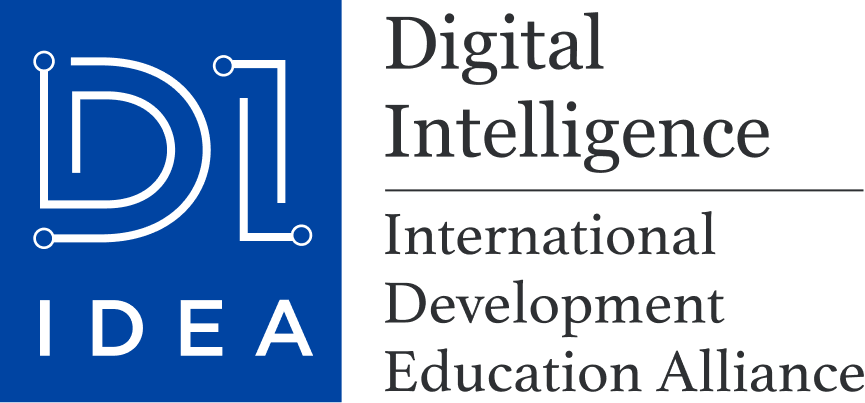Wuhan University’s “Six One’s” Innovative Experiment-based Teaching Platform
Wuhan University, adhering to the philosophy of “joint construction, shared benefits, interconnectivity, interdisciplinary integration, and open operations,” has established the “Six One’s” Innovative Experiment-based Teaching Platform to cultivate digital intelligence talent. This platform includes a “standards system” and a “one-stop portal” while consolidating three key resources—data, tools, and computing power—to support talent development, research, innovation, entrepreneurship, and social services. The first component of the “Six One’s” is a data set. To meet the data resources needs of digital intelligence talent in eight key fields for internships and practical training, Wuhan University is building a repository of experimental teaching data resources. This repository is characterized by authentic large-scale data tailored to specific disciplines, alongside a me
The second component is a toolset. Wuhan University is developing a full range of tools and software that covers the entire data lifecycle, from data collection and processing to data management, analysis, and application. The university also leverages global open-source algorithmic resources to build an open, shared collection of algorithms, models, tools, and software, enabling students to engage in hands-on programming training, covering everything from software and tool usage to the development of intelligent computing algorithms and models.
The third component is a computing power pool. Following the principles of “openness, sharing, and scalability,” Wuhan University has adopted a parallel heterogeneous computing framework to dynamically scale and flexibly aggregate computing resources to meet the experimental needs of different fields. The university is also developing a dynamic management platform for the allocation of experimental computing resources, enabling task-based and time-scheduled distribution and scheduling of resources, providing flexible computing power support for big data experiments in various fields of digital intelligence.
The fourth component is a set of standards. In line with the principles of “adopting existing standards where applicable, selecting the best where multiple standards exist, and creating new ones where none are available,” Wuhan University is establishing a comprehensive standards system that encompasses data collection, storage, processing, quality, governance, control, and services.
The fifth component is a one-stop portal. The portal allows Wuhan University’s faculty and students to easily access a wide range of digital intelligence resources, including software tools, computing power storage, data samples, algorithmic models, and application cases. It facilitates various levels of digital intelligence experimental teaching and practical training ranging from undergraduate to doctoral studies and encourages the exchange and sharing of digital intelligence learning resources via an online open community.
The sixth component is a digital intelligence community. Following the “cognition–practice–innovation–entrepreneurship” chain, Wuhan University has adopted the “digital intelligence +” model, anchored by the university’s Center of Innovative & Entrepreneurial Practice for Students. Drawing on the disciplinary strengths of various schools, the university promotes interdisciplinary innovation and collaboration with industry. It also supports the establishment of multiple “digital intelligence +” innovation and entrepreneurship sub-centers, providing comprehensive support for faculty and students in innovation, creation, and entrepreneurial practice activities, while fostering a conducive environment for “digital intelligence+” talent development.
